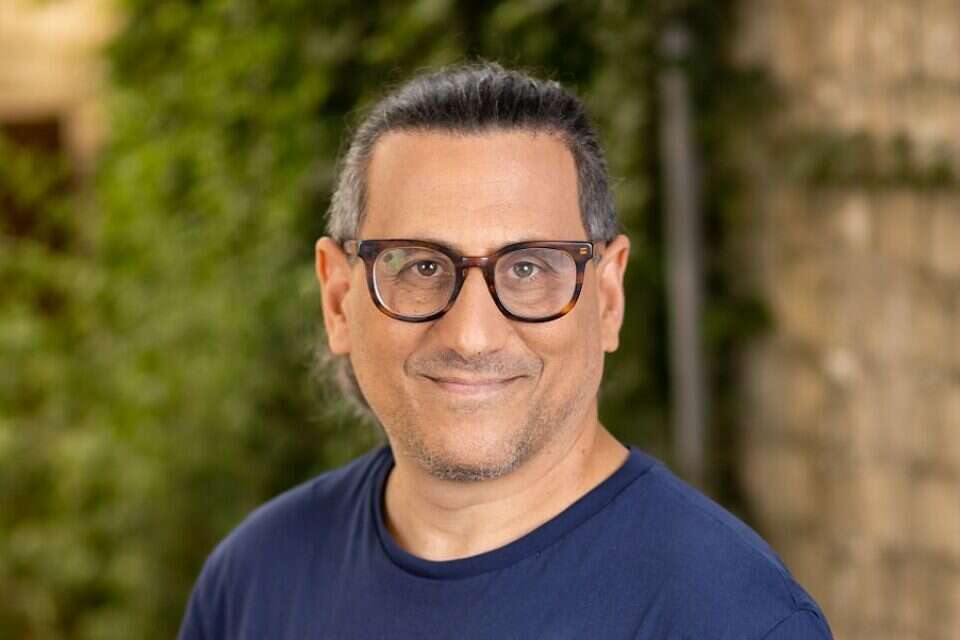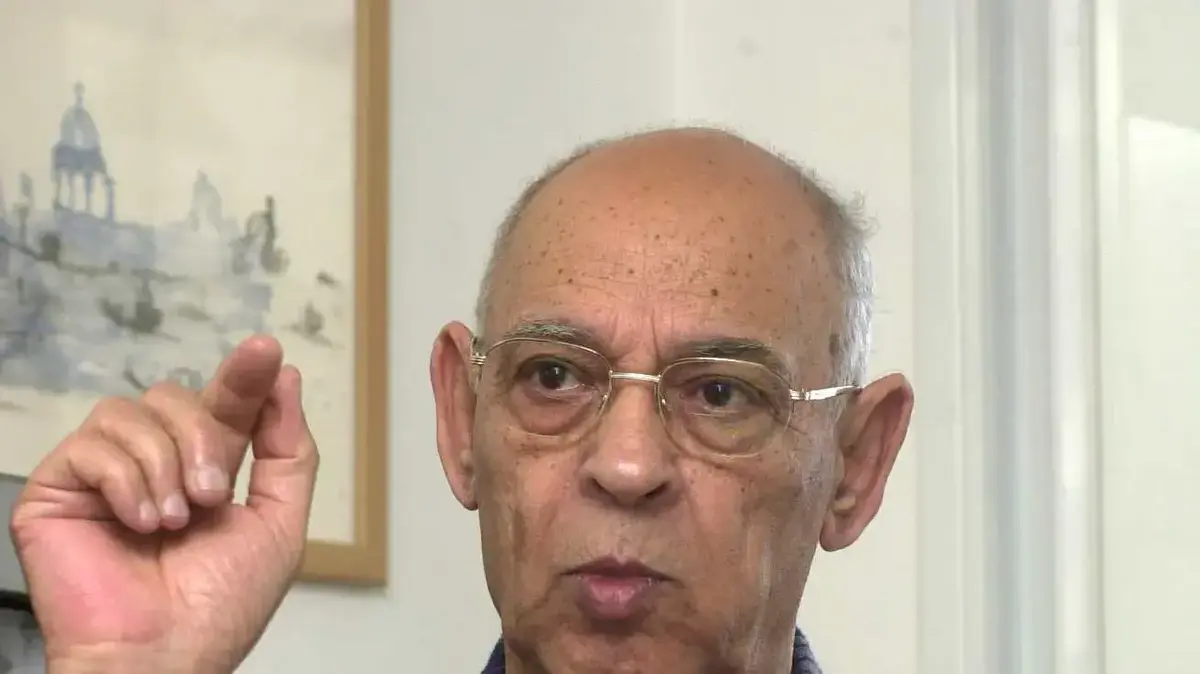If there is one thing that should not be learned from the political culture of the Western left, it is the culture of cancellation that our right likes to define as "progressive".
It refers to the erasure, disappearance and ostracism of everything that signifies an ideology or practice that has gone out of fashion, or that over the generations have been recognized as illegitimate.
In the capitals of Europe and America, this manifests itself in the removal of statues and portraits of the nation's great men, who had a hand and foot in injustices such as colonialism or slavery.
In Hollywood this manifests itself in the cancellation of scenes or even entire films starring actors who have been accused of sexual assault.
In Israel it tickles the fingertips.
There are calls to stop broadcasting "Mitziss" during the independence days because of that scene, or to wonder if Yehuda Barkan deserves national recognition, in light of his hidden camera films.
But we have not yet reached the removal from the pantheon of Iron Sheep properties that have already entered it.
Except, perhaps, "when you say no".
Although sometimes this chorus also sneaks into the playlist of the nostalgia tracks.
Minister of Education Kish and Minister of Communications Karai, photo: Ohad Zuigenberg
trivia
Where does it meet us?
Precisely in the politics of the right.
I am referring, for example, to the announcement by the new Minister of Education, Yoav Kish, about the cancellation of the MHR (Society and Spirit Heritage) reform initiated by his predecessor, Yifat Shasha Biton - which converted matriculation exams into multidisciplinary research work. In its place, it was reported, a reform will soon be introduced A new one "that will restore stability and continuity to the schools and these subjects." What bothers Kish? "Bible subjects, history and Zionism are dear to my heart. There was a feeling that these subjects were paying the price of innovation."
Emotions are hard to argue with.
But what is the philosophical anchor behind the reform, what profound educational problem does it diagnose, and what pedagogical tools does it mobilize to solve them?
For that we will have to wait for the presentation of the plan by the new Director General of the Ministry of Education, Brigadier General Assaf Tselal.
But first: Cancel.
Something similar happened to Krei as well.
At the DIGIT conference at Reichman University, he more than hinted at his support for closing - or at least "privatizing" - public broadcasting.
The corporation - as well as Gali IDF. Karai, it must be said, bases his position on a solid ideological anchor: "The economic-liberal concept of the Likud and the economic right is to remove barriers, regulation and factors that harm the free market and competition," he explained, adding: "One player who receives Millions of shekels a year constitutes a significant barrier to competition." This is a reasoned position, which can also be argued with - in particular when it comes to the Israeli media market, which is relatively small.
This also happened to the new culture minister, Miki Zohar, photo: Oren Ben Hakon
But it seems that this is not the only motivation.
"When there is content policing - it's not good," said the minister.
"There is no place in this era for public broadcasting."
And since beneath this statement bubbles the right's long-standing criticism of the distinct left-wing tendency of public broadcasting in Israel, the question arises: would other content, i.e. a different "police", change his position regarding public broadcasting?
One way or another, here too the practice is similar: first of all cancel.
This also happened to the new Minister of Culture, Miki Zohar.
He announced his intention to act for a retroactive denial of support received by the film "Two Children a Day", which he claims confirms the slanders spread by anti-Israel organizations around the world.
If Israel finances this content itself, he explained, how can you accuse various boycott organizations of lying and spreading false plots?
But the money has already been given, following a professional decision by a committee, and now Zohar wants to take it back - and formulate clear rules regarding public support for films that defame the State of Israel and the IDF soldiers. For the sake of fairness, we note that the minister does not rule out the production and distribution of such content in Israel - just not with the taxpayers' money.
It is true that all these measures have reasons.
In principle, they are certainly understandable.
This is probably also the right of the ministers to realize their worldview.
But behind them all bubbles the same good old right-wing grumbling, about the dominance of the left-wing spirit in the consciousness-shaping systems of Israeli society.
And anger, in this case, is a bad counselor.
Because instead of destroying a functioning and flourishing field of activity - for all its problems - it is recommended to expand, develop and invest in an activity horizon that will encourage creativity in areas where right-wingers feel "disadvantaged".
In other words: instead of cutting from the left, it is better to expand from the right.
Communications Minister Shlomo Karai, photo: Gideon Markovich
Build something before they destroy it
This means that instead of canceling a pedagogical reform - which in the end is all about the teaching and assessment method - it would be worthwhile to present the strengthening of Bible studies and the strengthening of the familiarity of Israeli students with the assets of Jewish culture, as a new national educational goal. After all, the problem of depth does not arise from the previous reform, Nor was she born with it.
And this means that instead of closing the corporation, creative ways should be found to fill it with "unregulated" content, and to deepen the relationship between the content producers and the dwindling audiences.
Because when there is content that is not only "quality", but also relevant to the lives and culture of many audiences - they tweet in droves.
And this also means that it is necessary to continue investing in funds to support local, national creativity, in the geographic and social periphery.
Cultivate cultural institutions, schools, festivals - precisely in places and "sectors" that felt alienated.
Like the "Ma'ala" art school.
Like the South Film Festival in Sderot.
This is the only long-term way to radically change the fields of culture, creativity and education.
Instead of creating a feeling of a symbolic victory against an imagined opponent, instead of being satisfied with a momentary feeling of "we let them in", a way must be paved for the effective entry of groups that regularly complain about "exclusion" - and they, in fact, by their massive permanent presence, will change the organizational culture from the inside, the core values And the reason for the existence of the entire field of activity.
Build a stable house, before you destroy a shack.
were we wrong
We will fix it!
If you found an error in the article, we would appreciate it if you shared it with us









